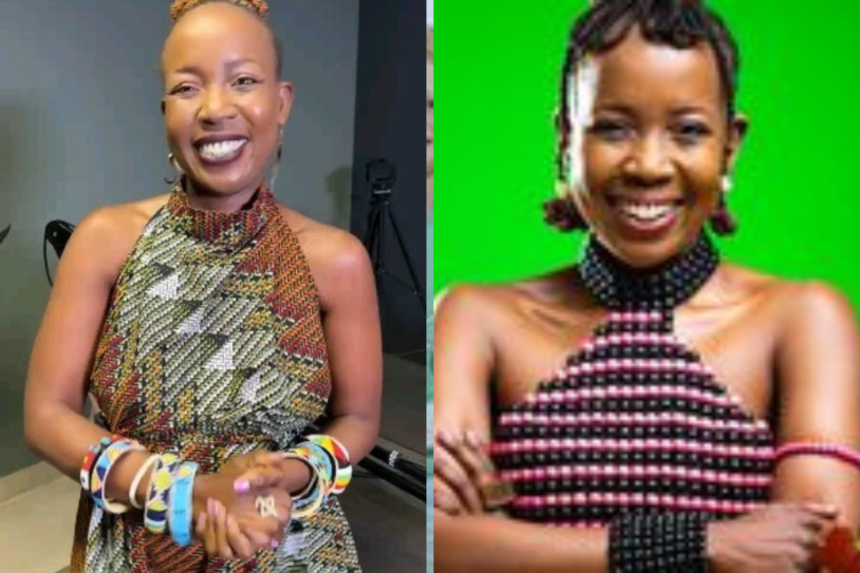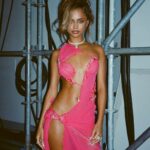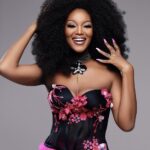Ntsiki Mazwai, a well-known activist and presenter, has once again stirred controversy with her outspoken opinions. This time, she directed her sharp tongue towards black women who wear wigs, boldly asserting that it is indicative of a mental illness and self-esteem issues. Despite her previous declaration to change her ways, Ntsiki remains unapologetically forthright.
Taking to Twitter, Ntsiki shared her views, addressing what she perceives as a mental health concern: “First, we need to address the mental illness of having 2 sets of hair on your head because you hate your hair so much. Let’s start with the self-esteem issue ravaging black women.” This stark statement ignited a digital storm, with her followers on the platform expressing diverse reactions.
On one side of the spectrum, a considerable number of Ntsiki’s Twitter followers rallied behind her unconventional viewpoint. They echoed her sentiments, contending that black women who resort to wigs are grappling with a broader issue of self-esteem. One user, with the handle 125789X, went further, linking the use of wigs to a broader narrative of self-image issues within the black community. “Black women and bleaching, fake hair, fake beauty and nails are inseparable. The list is endless; what a broken people,” they remarked.
Conversely, not everyone on the internet concurred with Ntsiki’s perspective. Several netizens, particularly women, took offense at her characterization of wearing wigs as a mental illness. SMARTY_marties, for instance, expressed disbelief that in 2023, people are being shamed for choosing their preferred hairstyles: “Can’t believe in 2023 we’re shaming people for choosing what they want with their hair. You really need to get over it.”
BlueSnowball1 provided a different perspective, emphasizing the functional aspect of wigs as a means to protect natural hair during periods of growth or when dealing with specific hair-related challenges such as hormonal issues or alopecia.
Viwekaz defended the choices of black women, stating, “Nothing wrong with our hair, it’s just hard to maintain. Siyasebenza; we don’t have time.” This sentiment reflects a broader resistance against what is perceived as external judgment on personal choices. And a celebration of the diverse ways black women choose to express themselves.
This is not the first time Ntsiki Mazwai has courted controversy with her unfiltered opinions. In a previous instance, she faced criticism for condemning the use of false eyelashes. Illustrating her inclination to challenge societal norms related to beauty standards.
As Ntsiki continues to be a lightning rod for discussions on social media, it remains evident that her perspectives elicit not only mixed reactions but also illuminate the ongoing dialogue around self-expression, beauty, and societal expectations within the black community.







